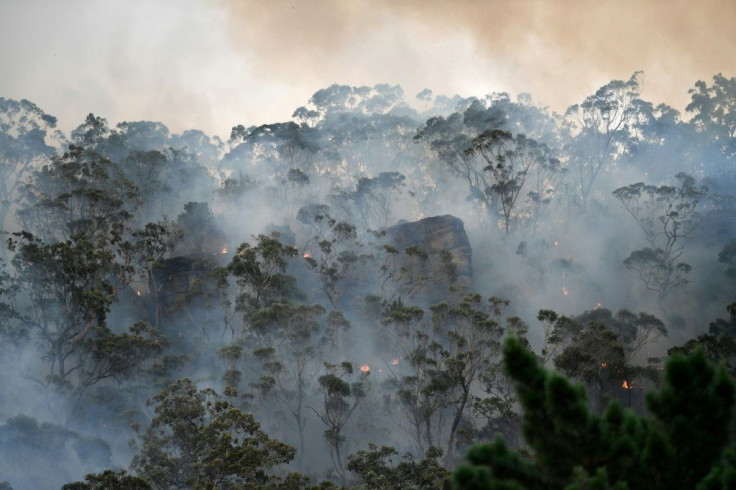Scientists Warn Of ‘Global Systemic Collapse’ Due To Overlapping Crises

KEY POINTS
- Scientists warn of global collapse due to interacting natural disasters
- Earth could end up in an irreversible and unending cycle of global warming
- People should stop treating environmental crises as isolated events
Over 200 scientists warned that Earth is in danger of suffering a global systemic collapse due to the number of natural disasters and weather events happening at the same time. If these continue, Earth could end up in an endless spiral of global warming.
The dire warning was made by scientists on Wednesday following a report released by Future Earth, an international research organization. The report detailed how the overlapping global crises could trigger a systemic collapse.
Although the report identified around 30 global scale environmental risks, it highlighted the top five that have the most impact on Earth. These include climate change, extreme weather patterns, weakening food security, dwindling freshwater sources and the decline of ecosystems that sustain life.
According to the scientists, since these global events are happening at the same time and at massive scales, they are already overlapping one another. For instance, heatwaves caused by extreme weather cause global warming to accelerate by releasing natural planet-warming gases.
The loss of biodiversity, on the other hand, threatens sources of food by impacting natural resources.
If the current trend continues, scientists warn that Earth could suffer from an irreversible collapse in its entire ecosystem. Once this happens, the global crises could trigger wide-scale effects that would put the planet in an unending cycle of global warming. This would then have direct effects on a number of factors such as biodiversity and food security.
“[The global crises] have the potential to impact and amplify one another in ways that might cascade to create global systemic collapse,” the scientists stated in the report according to the Agence France-Presse.
In response to the worsening situation, the scientists called on the public to stop treating the five global crises as isolated events. By considering them as interacting systems, countries will be able to enact comprehensive solutions.
“Many scientists and policymakers are embedded in institutions that are used to thinking and acting on isolated risks, one at a time,” they stated. “We call on the world's academics, business leaders and policy makers to pay attention to these five global risks and ensure they are treated as interacting systems.”
© Copyright IBTimes 2025. All rights reserved.





















